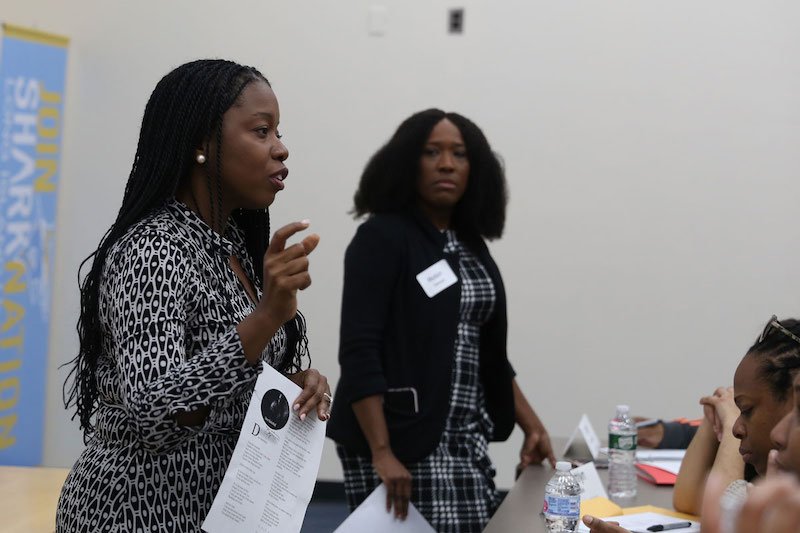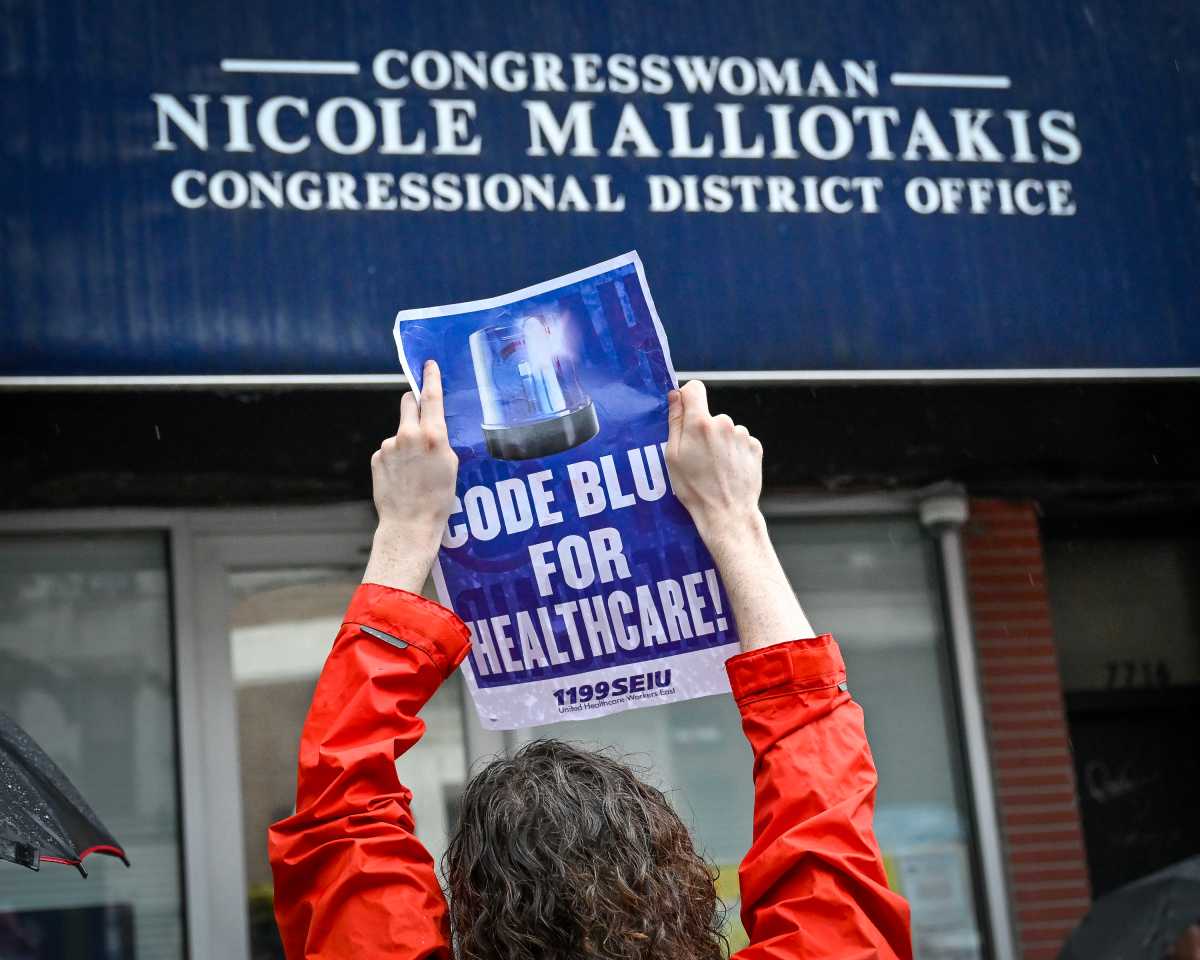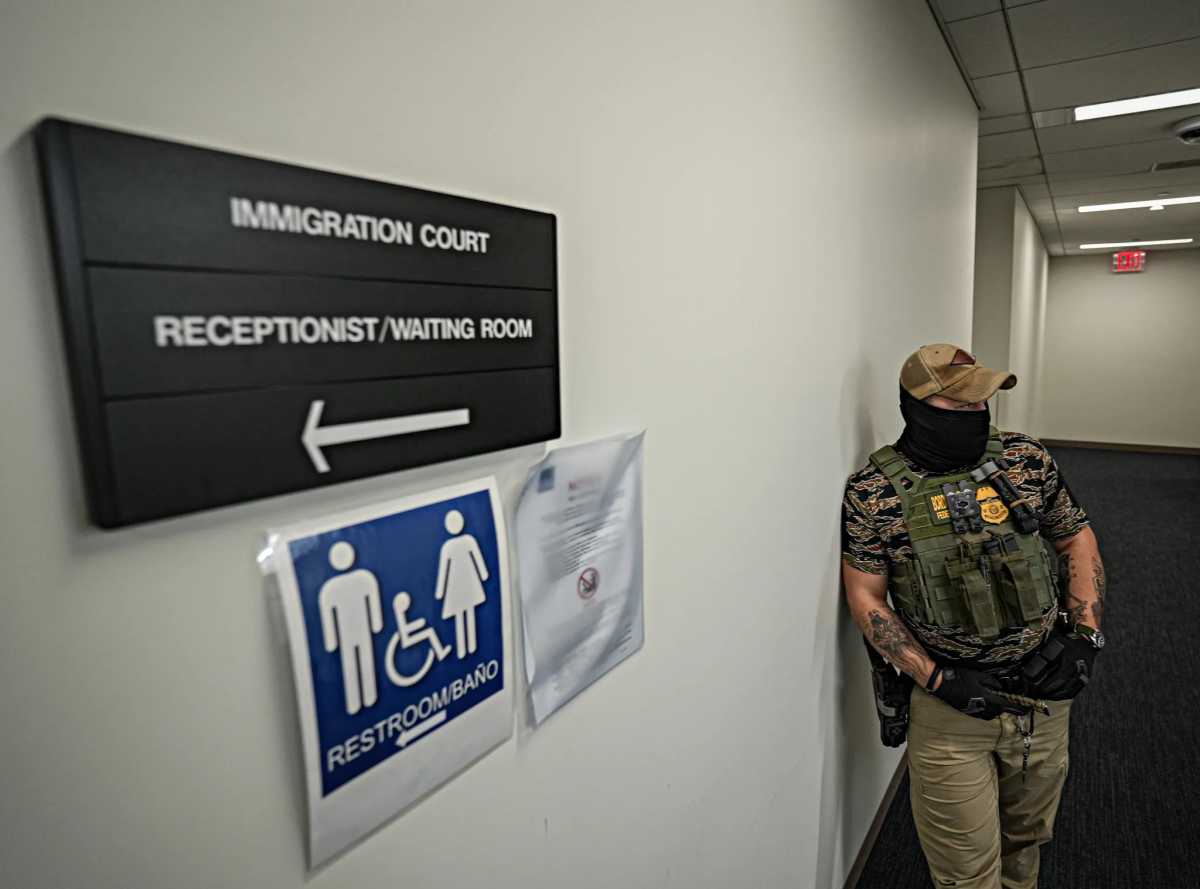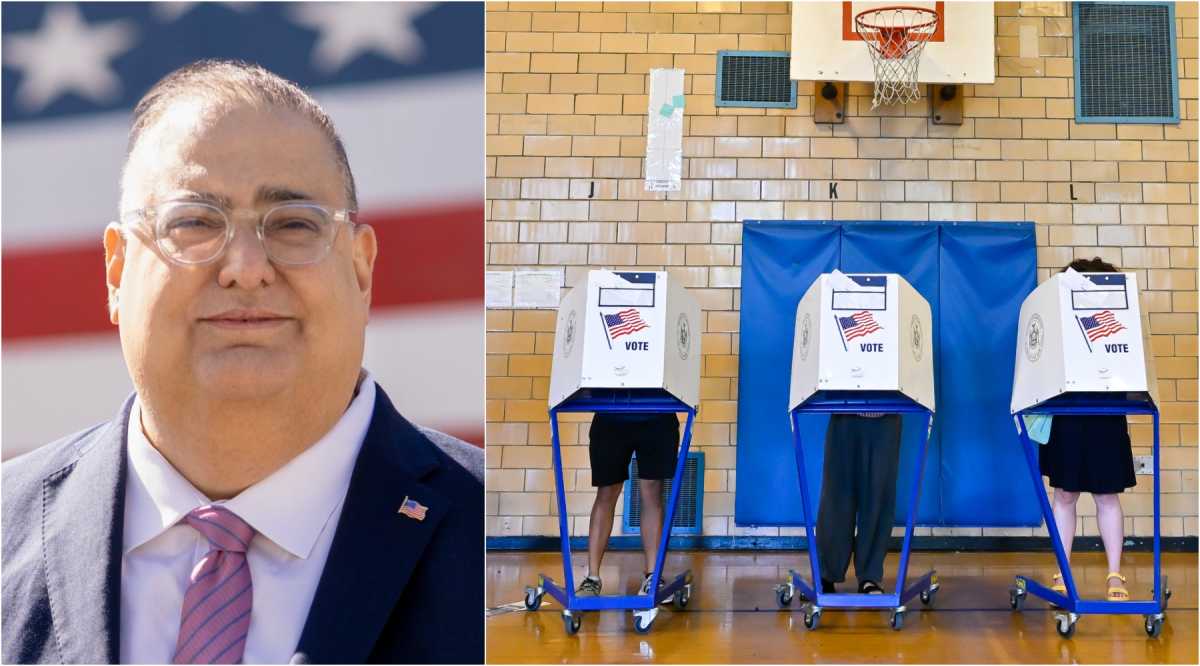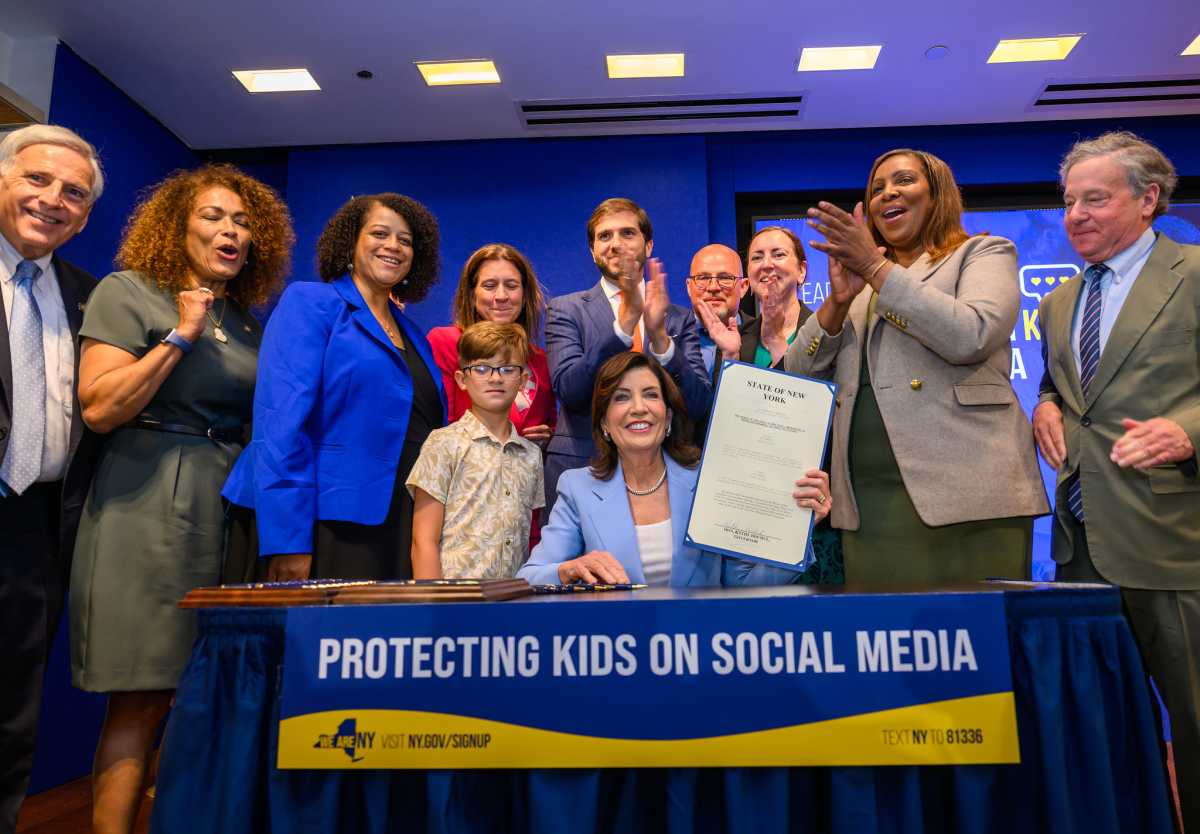As they began a six-hour professional development session on literacy instruction, more than 100 New York City public school teachers were asked to think about Kobe Bryant – not the beloved standout basketball star, but the writer.
Celeste Douglas, the deputy superintendent of District 18 in Brooklyn, read Bryant’s 2015 poem “Dear Basketball,” his farewell to a 20-season career as a professional basketball player with the Los Angeles Lakers.
The teachers who were attending a professional development session hosted by Uncommon Schools and the New York City Department of Education Office of District Charter Partnerships at Long Island University in downtown Brooklyn were asked to think about what makes the poem powerful and what kind of classroom practices would bring out the type of writing in the poem.
“I researched what made Kobe this type of writer and he talked about this one elementary school teacher who made him fall in love with not only reading, but writing,” Douglas told the teachers. “We’re going to learn strategies that will help our students really be powerful writers and powerful readers.”
The professional development session was part of an ongoing joint professional development collaboration among the New York City Department of Education, the Relay Graduate School of Education and Uncommon Schools, a high-performing public charter school network with 24 schools in Brooklyn serving more than 8,700 students.
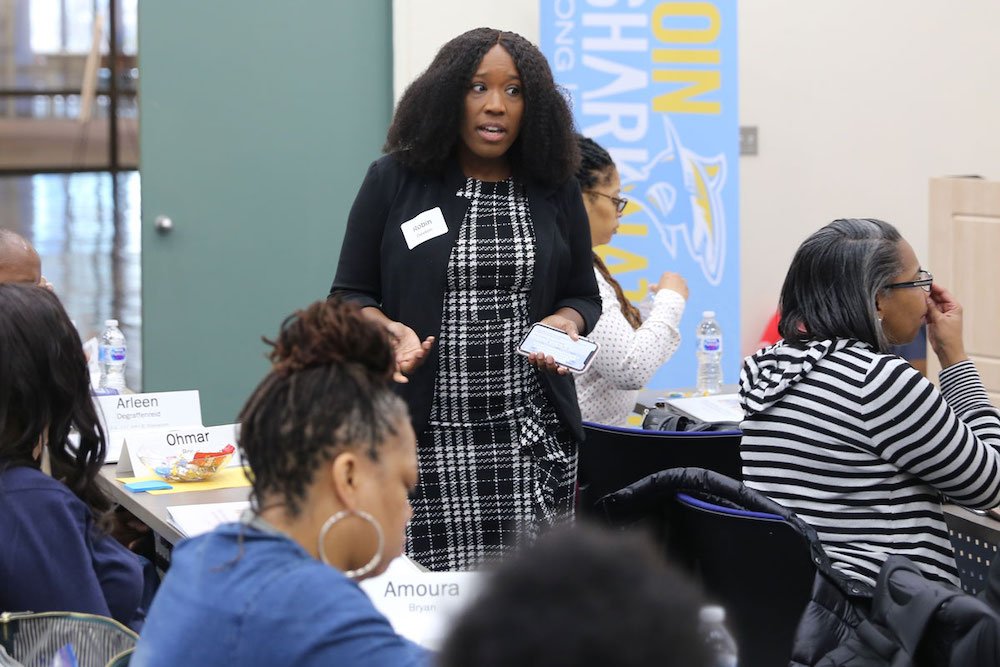
Many of the teachers at the LIU session participated in an earlier workshop last fall in the Tweed Courthouse in Manhattan, though more teachers attended the session at LIU. As word of the professional development spreads to other districts, organizers said more teachers are participating.
Tamara Smalls, a fifth-grade teacher at PS 175 Henry H. Garnet in District 5 in Harlem who attended the previous professional development session, said she immediately put into practice some of the techniques she learned from the prior session.
“I struggle with some of my students always being the first to complete a task while others just sit there and other kids do the heavy lifting,” Smalls said. “I wanted to find a way where everyone works in a room.”
Smalls said the monitoring techniques she learned at the session are helping her get all of her students to produce more work during class, not just the most engaged.
“I started sharing it with colleagues in the hallway who didn’t attend the professional development session and they’re starting it in their classrooms too in order to get equity in the class,” Smalls said.
That’s music to the ears of the organizers of the professional development workshops at Uncommon Schools, who are eager to share techniques with teachers across the city that have helped Uncommon Schools close the achievement gap in both English language arts and math.
Uncommon Schools serves mostly black and Latinx students in Brooklyn neighborhoods who predominantly come from low-income households.
Students who attend Uncommon Schools are outperforming white students in New York State. In English Language Arts, 54% of Uncommon students scored proficient compared with 51% of the white students in New York state. In math, 67% of Uncommon students scored proficient compared with 58% of white students in New York State.
Uncommon Schools’ professional development sessions are designed to give teachers very specific techniques that they employ the next day in their classrooms. The techniques taught included a detailed step-by-step break down of how to write an essay analyzing the meaning of an Emily Dickenson poem along with ways to correct common student errors and helpful sentence starters.
“This is actually true work, an example of how we all in New York City are coming together on behalf of all our students – the 1.1 million babies that we’ve been given charge to ensure they become successful,” said Melissa Harris, the senior executive director for the NYC DOE Office of School Design and Charter Partnerships. “It doesn’t matter if you are in your fourth year teaching, your first year or your 25th year. You are today looking to build, looking to grow, and give back more to your students.”


